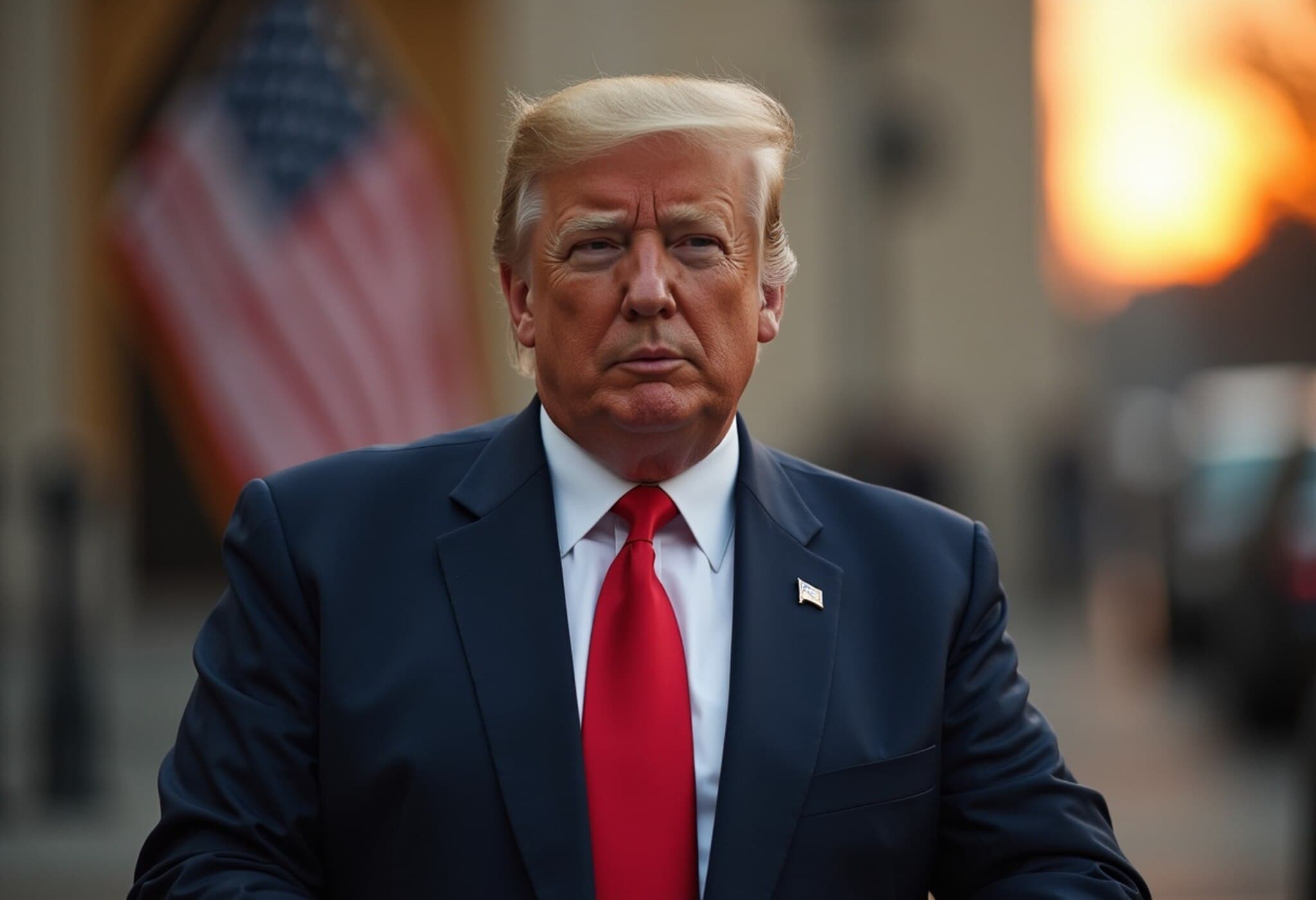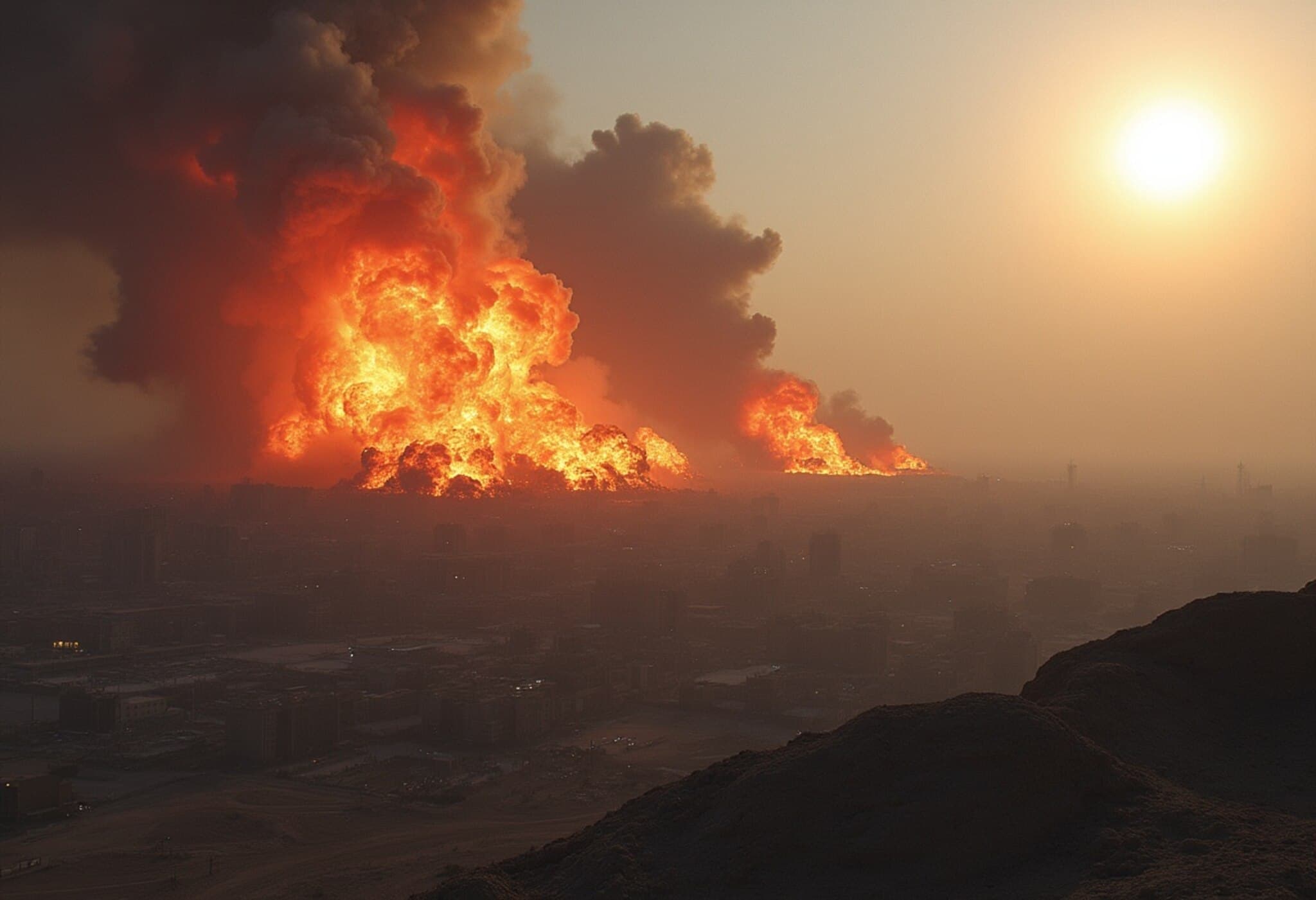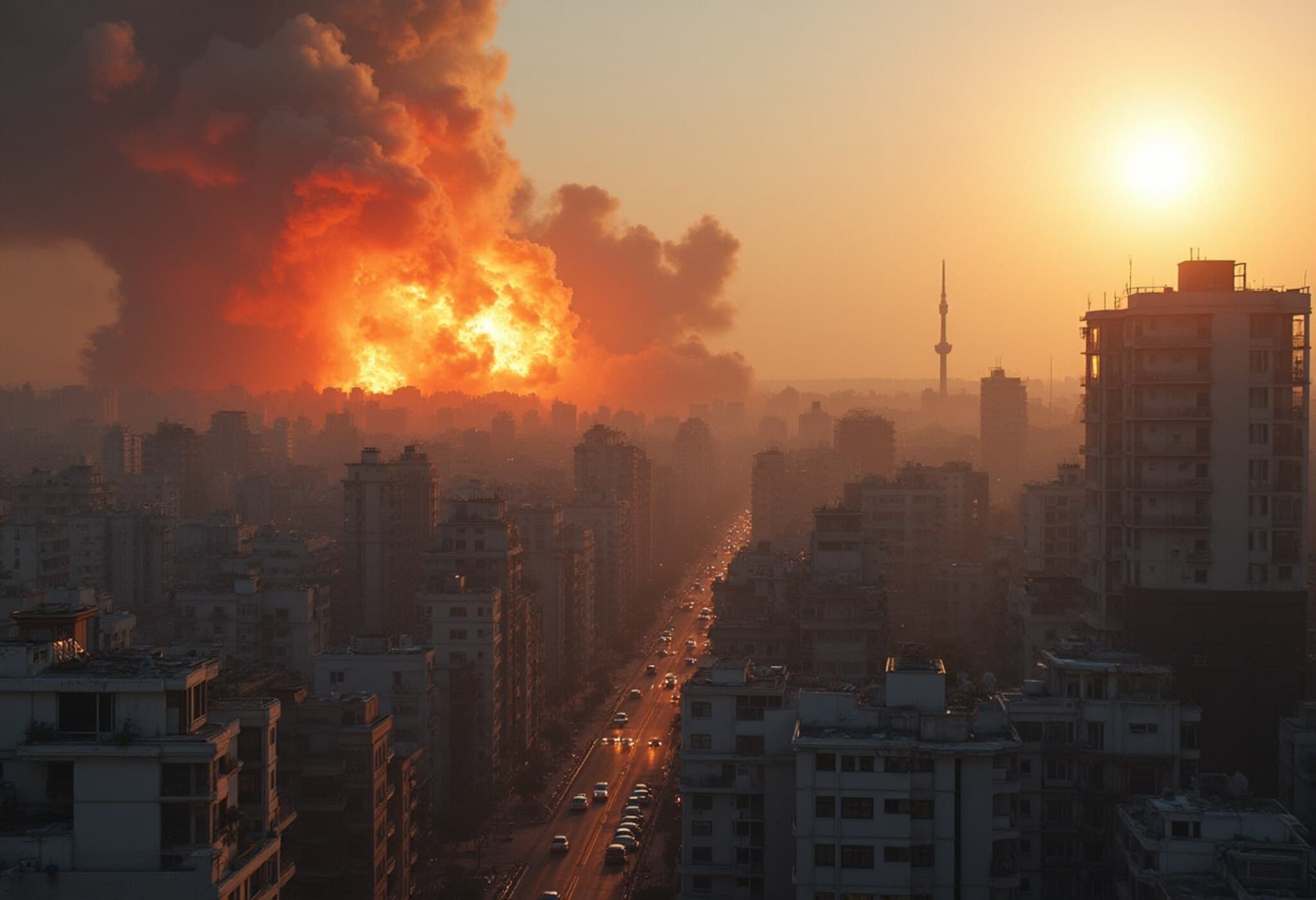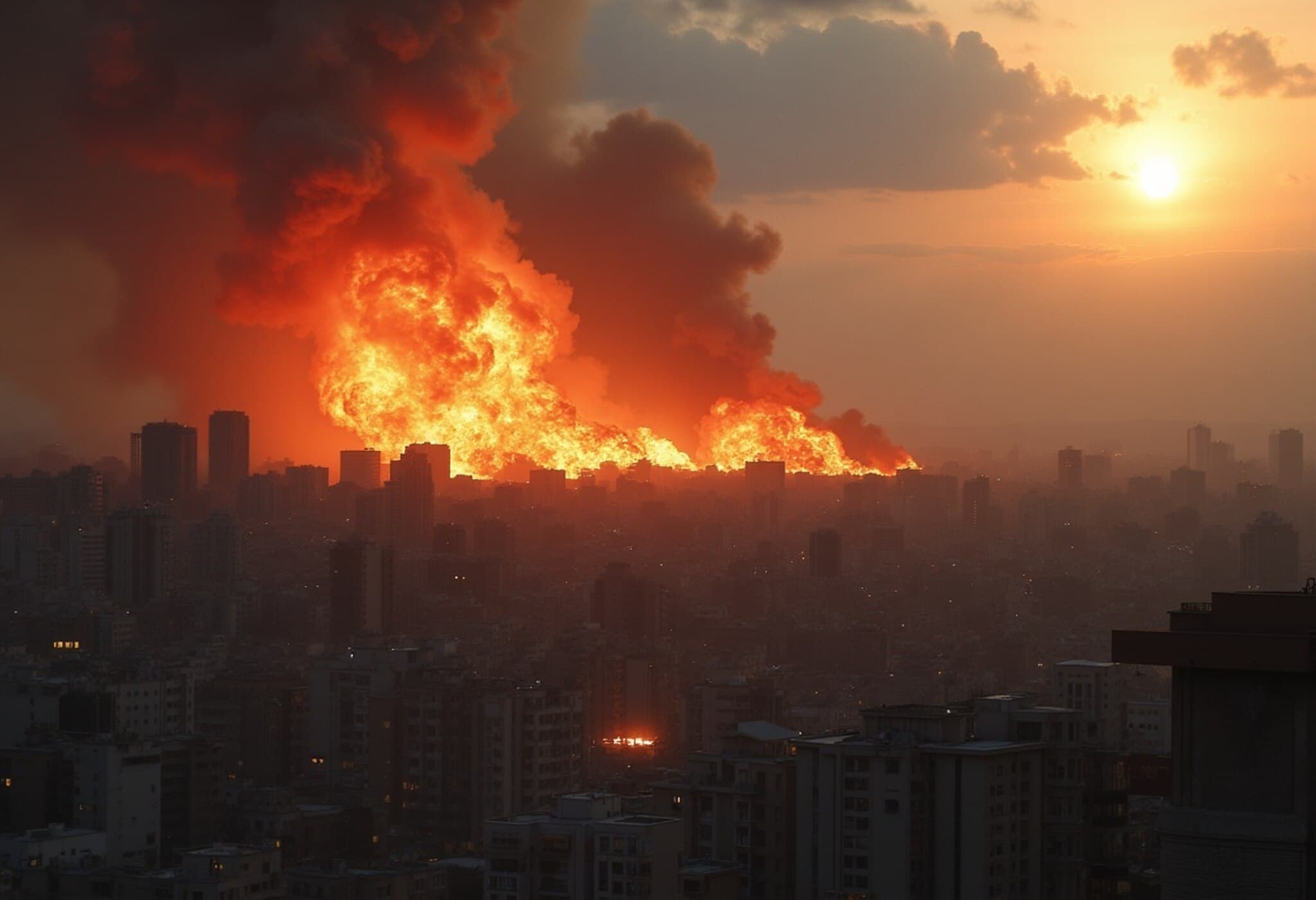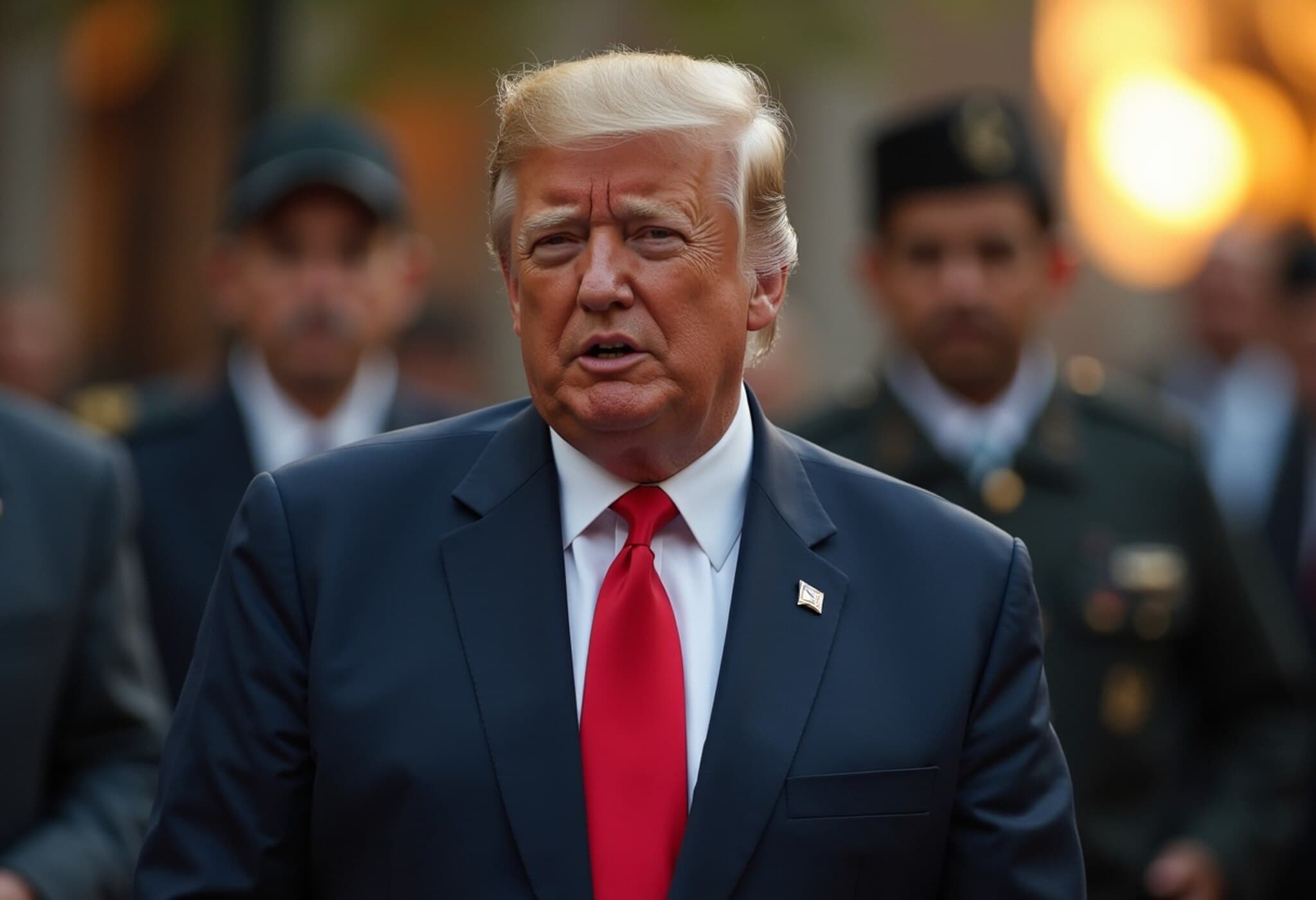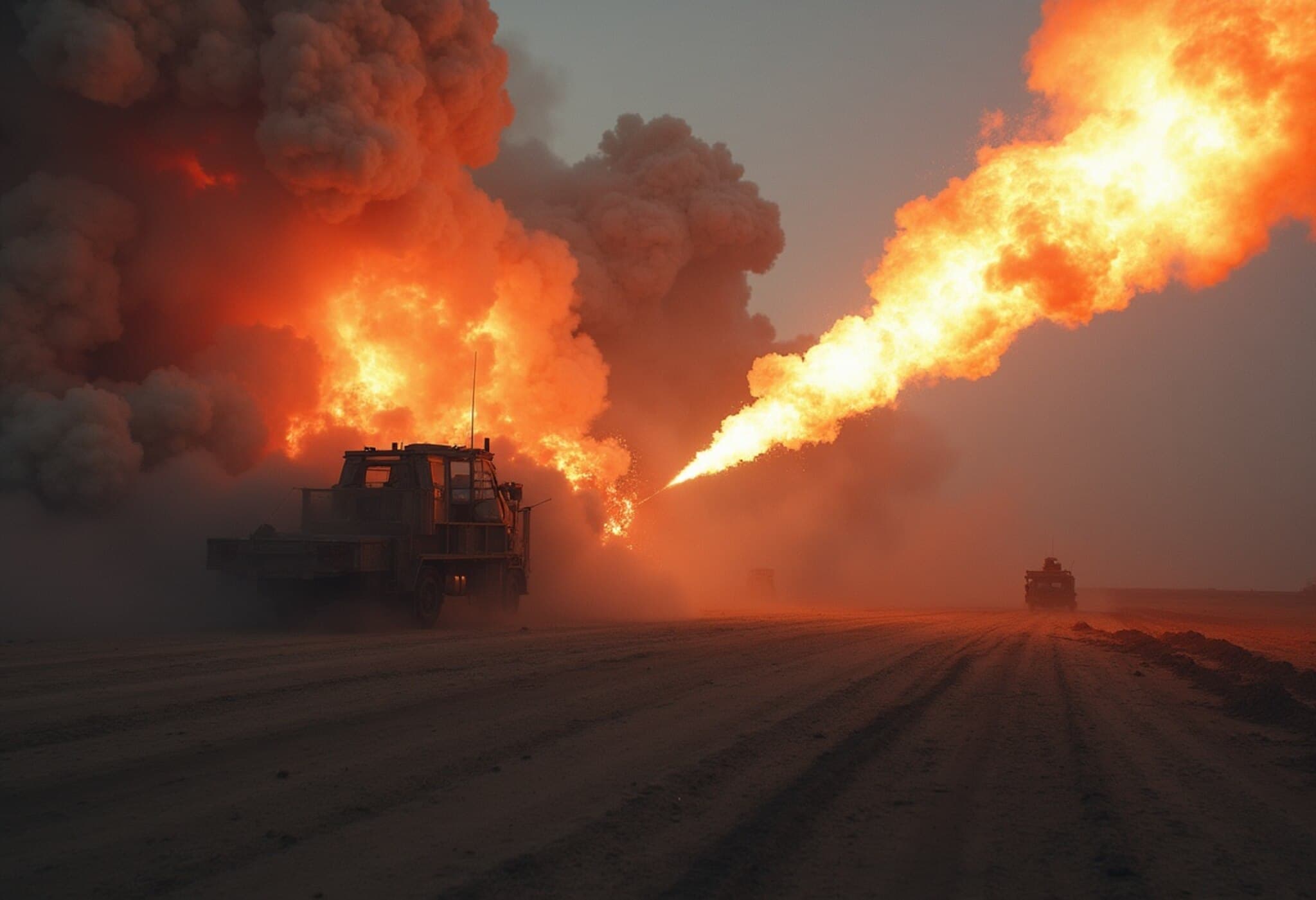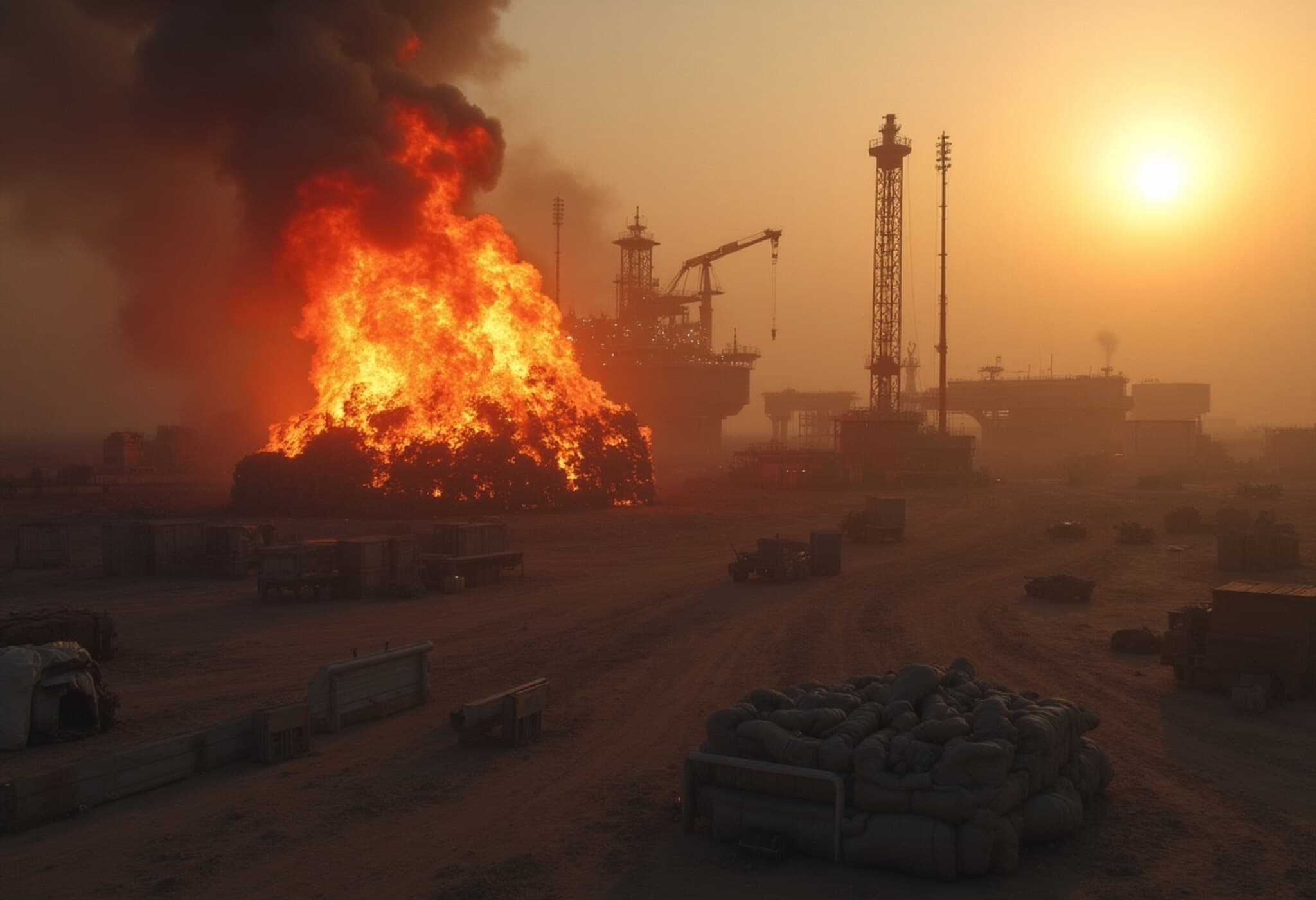US Attacks Iranian Nuclear Facilities Ignite UN Security Council Emergency Session
In a dramatic escalation of tensions, the United States launched strikes against three major Iranian nuclear sites — Fordow, Natanz, and Esfahan — sparking an urgent meeting of the United Nations Security Council. The US justified its actions as necessary self-defense measures aimed at curbing Iran’s nuclear capabilities and supporting its ally Israel amid growing regional threats.
US Defends Strikes as Crucial to Regional and Global Security
Addressing the Security Council, the US acting ambassador to the UN emphasized the mission's goal of dismantling Iran's nuclear enrichment infrastructure. She described Iran as “the world’s foremost state sponsor of terror” whose nuclear ambitions increase global insecurity. Highlighting decades of hostile rhetoric and actions against the US, Israel, and the broader Middle East, the US representative warned Iran against escalation, vowing robust retaliation against any attacks on American forces.
Iran Condemns US Actions and Threatens Proportionate Retaliation
Iran’s envoy to the UN denounced the US strikes as an illegal act of aggression orchestrated by Israel, accusing the US government of undermining diplomacy. The Iranian representative declared that Tehran would determine the timing, nature, and scale of any response, characterizing the attack as a direct affront to its sovereignty and international law. He criticized Israel’s longstanding refusal to join the Nuclear Non-Proliferation Treaty and questioned the legitimacy of claims about Iran’s nuclear intentions.
Israel Applauds US Action as a Historic and Necessary Step
Israel’s ambassador hailed the US operation as a pivotal moment in countering what he called the “greatest existential threat” to global stability. He insisted that the strike was neither a choice nor an act of aggression, but a vital measure to prevent a nuclear Iran. He further accused Tehran of using negotiations as a cover to advance missile programs and claimed Iran’s influence extends beyond its borders, fueling conflicts and terrorism across the Middle East and threatening Western capitals with ballistic missiles.
UN Secretary-General Calls for Immediate De-escalation and Diplomacy
The UN Secretary-General issued a grave warning, describing the bombings as a "perilous turn" in an already volatile region. He urged all parties to cease hostilities and return to serious, sustained diplomatic efforts to find a credible, verifiable solution that restores trust. The Secretary-General underscored the choice facing the international community: pursue de-escalation through dialogue or risk a broader, more destructive conflict with far-reaching consequences.
IAEA Confirms Damage to Iranian Nuclear Sites Amid Growing Concerns
The International Atomic Energy Agency’s director reported visible crater damage at Iran’s Fordow uranium enrichment site and confirmed attacks on tunnel entrances at the Esfahan complex. The Natanz enrichment facility also sustained further hits, underscoring the severity of the situation. The agency emphasized that Iran could still protect its nuclear materials in line with its safeguards obligations, but warned the window for diplomacy is rapidly closing.
Looking Ahead: A Critical Moment for Global Stability
The recent strikes and the ensuing diplomatic firestorm highlight the delicate balance between national security imperatives and international law. With tensions at a boiling point, the global community faces pressing questions about the path forward — whether to lean into de-escalation and dialogue or risk a widening conflict that could destabilize an already fragile region.










